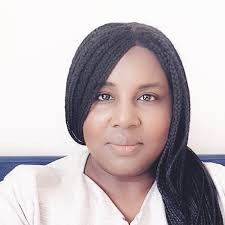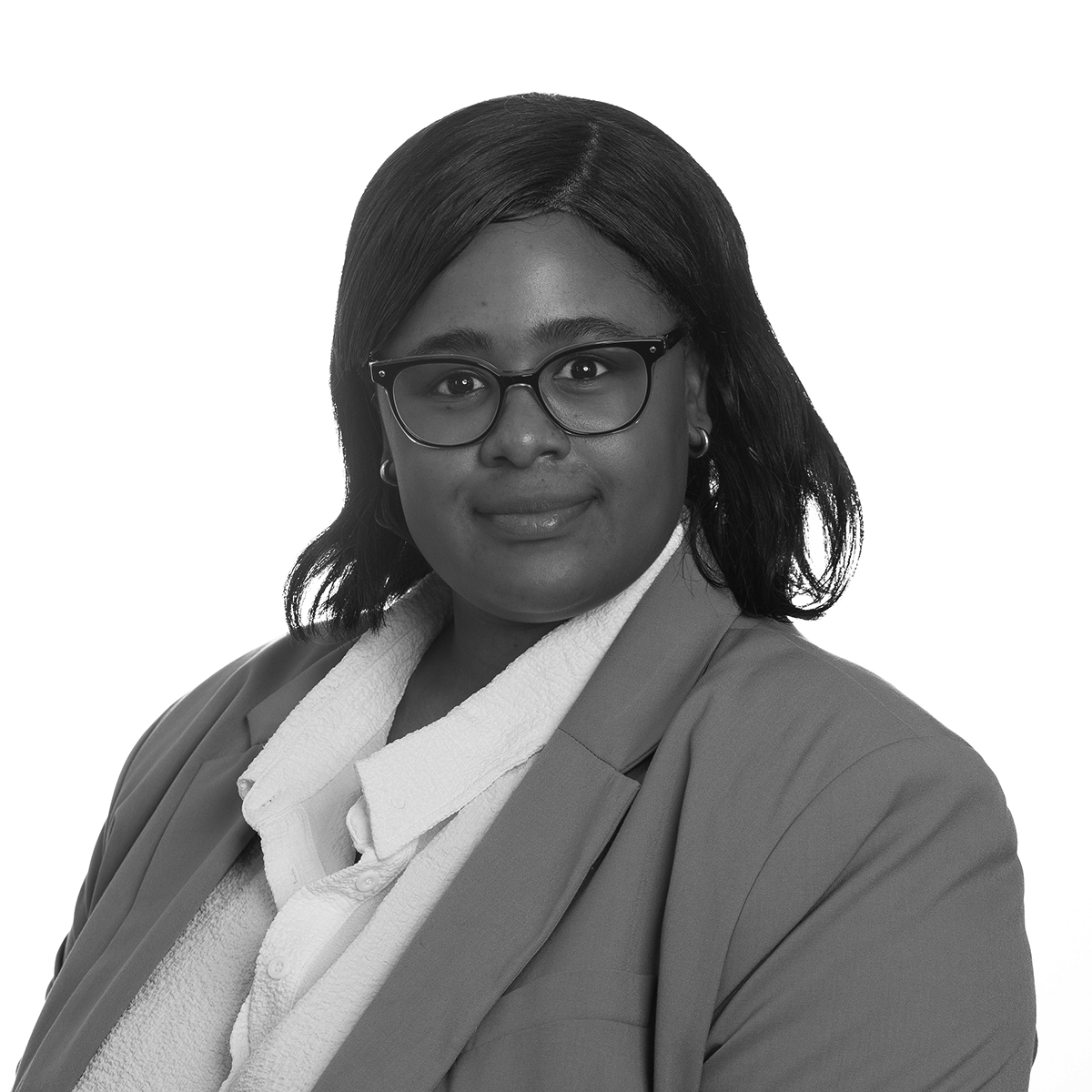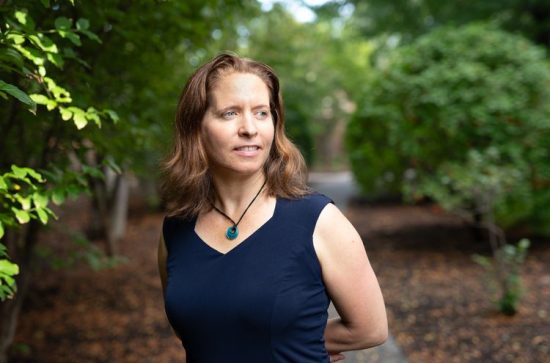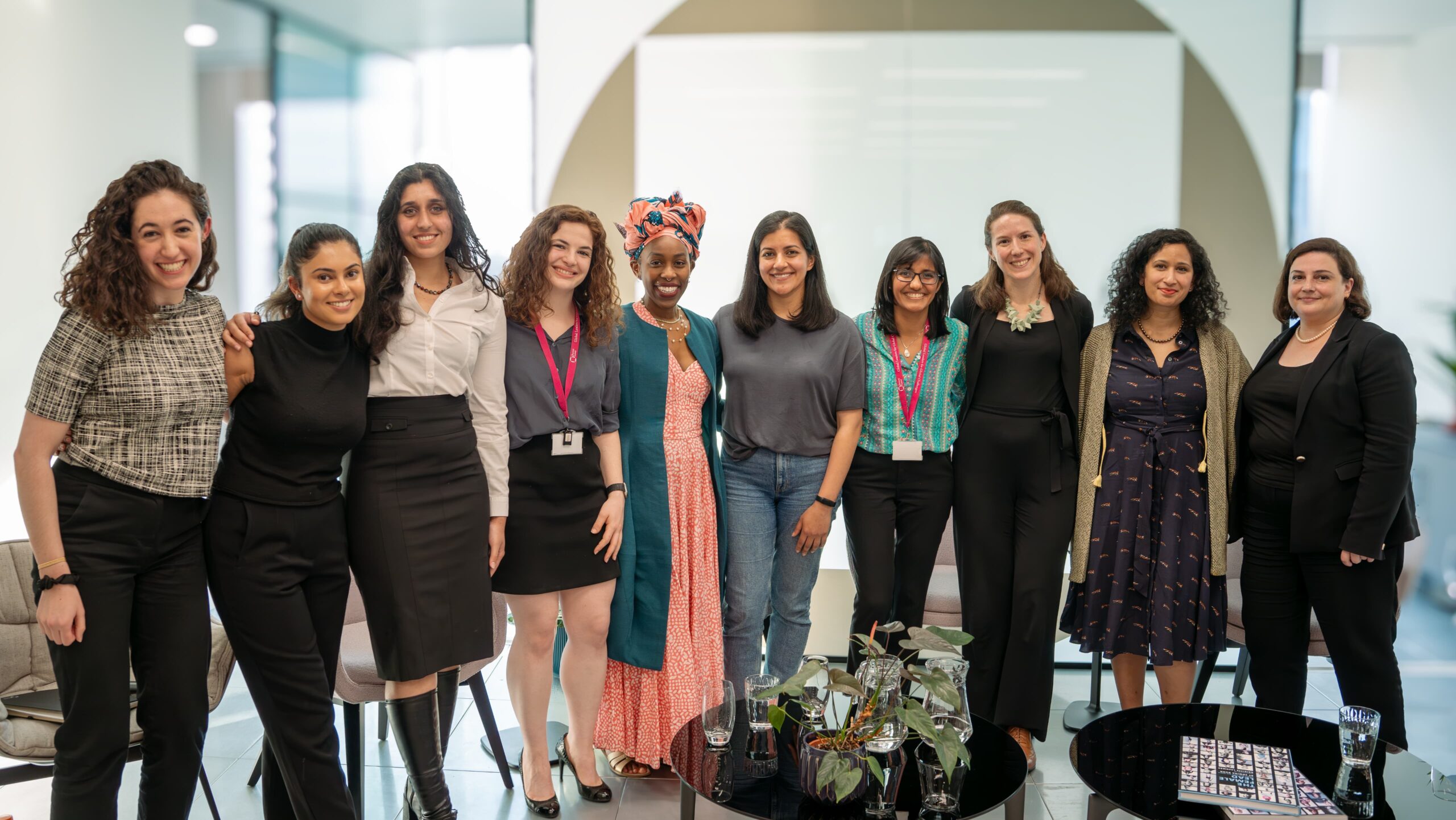What have been some of your key achievements during your journey?
That sense of service has always guided me, even when I was not working in what my family might have considered an “approved” profession. I studied at Central Saint Martins and at what was then the Polytechnic of Central London. When I went into arts education, there were very few people who looked like me teaching, and even fewer in industry. I cannot recall seeing anyone from a global or working-class background in those spaces.
So, when I decided to return to education, I knew I would probably be one of only a few Black women that students would encounter in their academic journey. I was very conscious of that and understood the responsibility that came with it. I knew that I wanted to show up as a role model, not in a performative sense, but because I understood how powerful it would have been for me to have had someone to look up to when I was a student.
From the very beginning, my motivation was to make change happen in the spaces I entered. I wanted to improve equity and inclusion within the institutions where I worked. Over the years, I have led initiatives to reduce attainment gaps that are ethnically or socially constructed, where one group of students consistently performs better than another. I have worked hard to make transitions smoother for students from underrepresented backgrounds.
When I joined the University of the Arts London about eleven years ago, there was an assumption that students from certain backgrounds needed to do more to “catch up”. They were expected to attend pre-sessional programmes or extra sessions to help them develop a sense of belonging. One of the things I am proudest of is that we changed that mindset. We began to ask how the institution could meet its students, rather than expecting students to meet the institution.
My work has always been about accessibility, but I also believe access is not enough. It must be matched by real opportunity and genuine progression. It is one thing to open the door, but quite another to ensure that people feel they belong once they are inside.
A large part of my work has also focused on what the sector refers to as decolonisation. For me, it is about having brave, courageous conversations about the ways in which we teach and ensuring that those approaches are inclusive for everyone. It is not about loss or removal from the curriculum, but about enrichment and context. It is about asking how everyone can see themselves reflected in what we teach and in the knowledge we share.
That has been the thread running through much of my work – building belonging, widening access, and reimagining how higher education can truly serve every student.








